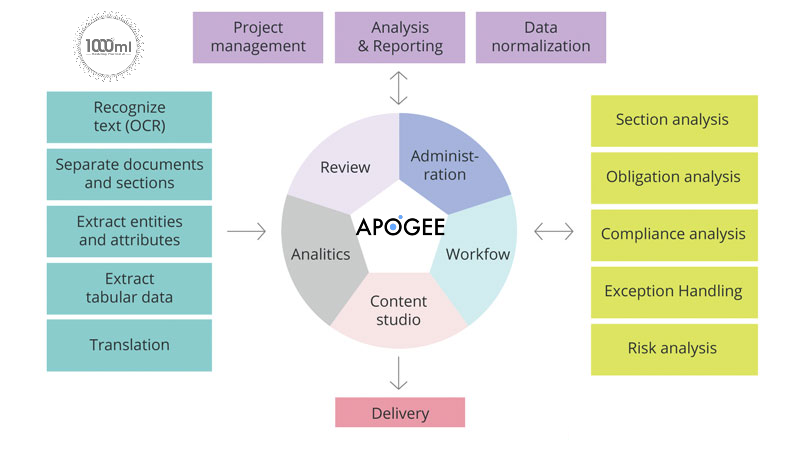I.Introduction
A. Overview of the Guide of AI Expert Systems
In today’s fast-paced business environment, it’s essential to stay ahead of the curve. One way to do this is by leveraging AI Expert Systems to automate and streamline your workflows. This guide will explain how you can achieve “Expertise without the Expense” by using AI to create Q&A Large Language Models for any particular topic you require. By the end of this guide, you’ll have a step-by-step understanding of how to implement AI Expert Systems into your organization and revolutionize the way you do business.
B. Explanation of “Expertise without the Expense”
The term “Expertise without the Expense” refers to the idea that businesses can leverage AI Expert Systems to automate and streamline their workflows, rather than relying on expensive experts and lobbyists to do their work for them. With the help of AI, businesses can save time and money by creating systems that can analyze and interpret complex data and provide accurate insights and recommendations.
C. Explanation of AI Expert Systems
An AI Expert System is an intelligent computer program that utilizes machine learning algorithms and natural language processing (NLP) to perform complex tasks that typically require human expertise. These systems are trained on vast amounts of data, such as contracts, agreements, invoices, legal decisions, meeting minutes, emails, customer service transcripts, and other paperwork, to provide businesses with accurate insights and recommendations. The aim of AI Expert Systems is to enhance business productivity by automating time-consuming and repetitive tasks and freeing up time for higher-value
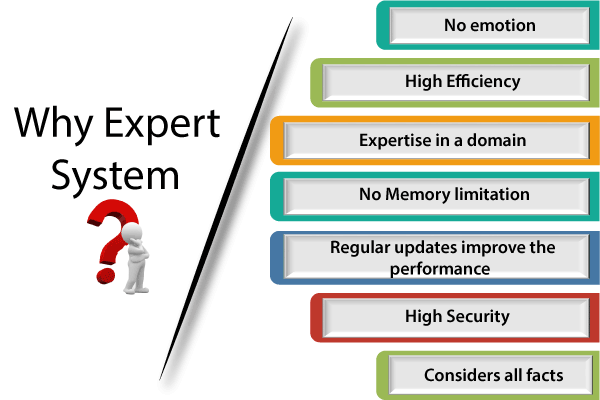
II. Preprocessing of Documents and Content
A. Types of Documents and Content
AI Expert Systems are trained on various types of documents and content, including contracts, agreements, invoices, legal decisions, meeting minutes, emails, customer service transcripts, and other paperwork. These documents are first preprocessed to extract meaningful information and identify relevant patterns and relationships.
B. Clustering of Documents based on Preprocessing Treatment
The preprocessing treatment of the various documents and content is clustered together based on similarities in their structure and content. This is to ensure that the AI model is trained on data that is relevant and representative of the specific use case.
C. Amount of Work Required for Preprocessing
Preprocessing of documents and content can be a time-consuming and labor-intensive process. However, it is an essential step in creating accurate and effective AI models. The amount of work required for preprocessing depends on the type and amount of data, the complexity of the documents, and the quality of the data.
III. Abstractive Summarization with AI
A. Overview of Abstractive Summarization
Abstractive summarization is a technique used to summarize complex text by creating a shorter version that retains the main ideas and key points. This technique is used to reduce the size of large volumes of data while maintaining the important details.
B. Use of AI for Abstractive Summarization
AI is used to analyze and summarize large volumes of text by identifying the main ideas and key points. AI models use advanced NLP techniques to understand the content of the text and create an abstractive summary that is concise and accurate.
C. Benefits of Abstractive Summarization
Abstractive summarization can help businesses save time and reduce costs by automatically summarizing large volumes of data. This technique can also help businesses make faster and more informed decisions by providing a concise and accurate summary of the data.
IV. Q&A Large Language Model – the Workhorse behind AI Expert Systems
A. Overview of Q&A Large Language Models
Q&A Large Language Models (LLMs) are computer systems that use natural language processing (NLP) and machine learning (ML) techniques to automatically answer questions asked by humans. LLMs are created and fine-tuned using vast amounts of data and are capable of answering a wide range of questions related to a specific domain.
B. Types of Problems and Models
Contracts
1. For contract analysis, LLMs are trained using a large dataset of contract language, which can include standard and custom clauses. LLMs can then answer questions related to the content of the contracts, such as defining terms or explaining how specific clauses affect certain aspects of the contract.
Legal Decisions
2.LLMs can be trained using legal decisions, such as case law, and can provide summaries or explanations of legal precedents or rulings. They can also be used to predict the likelihood of a legal decision based on the specifics of a given case.
Board Meeting Minutes
3. LLMs can be trained to analyze board meeting minutes, and can help identify key themes and topics discussed during meetings. They can also generate summaries of the meeting and provide insights into what was discussed and the outcomes of the meeting.
Emails
4. LLMs can analyze email threads, identify the key topics discussed, and summarize the content of the emails. They can also answer questions related to the content of the emails, such as the meaning of a particular statement or the status of a particular project.
Customer Service Transcripts
5. LLMs can be trained using customer service transcripts and can provide quick and accurate responses to frequently asked questions. They can also be used to identify trends in customer inquiries and provide suggestions for improving customer service.
C.Understanding the Content
To train an LLM, it is important to have a large and diverse dataset that covers the domain of interest. The dataset needs to be pre-processed, which involves removing noise, identifying the key topics and entities, and creating summaries or abstractions of the content. This preprocessing step is critical for creating a high-quality LLM.
D. Models for Questions and Answers
To create a Q&A LLM, two models are typically used: an interrogator model and an expert model. The interrogator model is used to generate questions, while the expert model is used to answer them. The expert model is trained to identify the relevant information from the preprocessed dataset and generate an accurate answer.
E. Expert Models
Expert models are trained on the preprocessed dataset and are designed to be able to answer specific questions related to the domain of interest. The expert model is capable of handling a wide range of questions and can provide accurate answers quickly and efficiently.
F. Benefits of Q&A Large Language Models
LLMs have several benefits over traditional expert systems, including cost savings, faster response times, and improved accuracy. They can be trained on large and diverse datasets and can handle a wide range of questions, making them a valuable tool for businesses and organizations. However, the process of creating and fine-tuning an LLM can be complex and time-consuming. Using an automation tool like Apogee Suite can help streamline the process and make it more efficient.
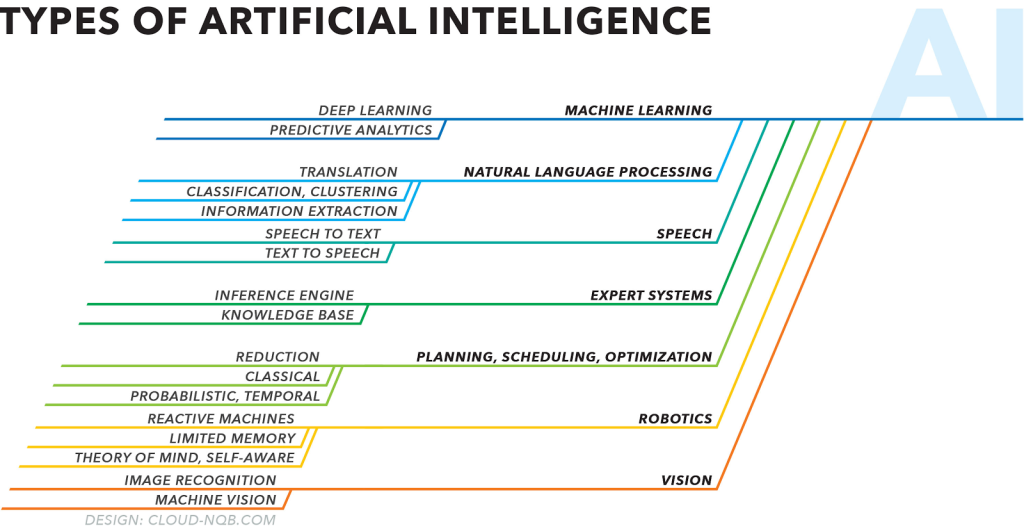
V. How Apogee Suite Automates the process of creating AI Expert Systems
A. Overview of Apogee Suite
Apogee Suite is an all-in-one platform that combines Robotic Process Automation (RPA) and AI technology to automate tedious and repetitive tasks, reduce errors, and improve efficiency in document processing. It offers a suite of AI-powered applications, including Witness Prep AI, that can streamline and simplify the way businesses process large volumes of documents and information.
B. Explanation of Apogee Suite’s Witness Prep AI – the Expert System RPA
Apogee Suite’s Witness Prep AI is the first-of-its-kind expert system RPA designed to help lawyers, law firms, and corporate legal departments prepare witnesses for depositions, hearings, and trials. The Witness Prep AI is a patent-pending technology that uses AI and NLP to automate the creation of witness outlines, saving lawyers countless hours of time and effort.
The Witness Prep AI uses natural language processing (NLP) and machine learning to identify the most relevant information in legal documents, including contracts, agreements, and court opinions. It also automates the creation of outlines, summaries, and scripts for witnesses, making it easier for lawyers to prepare for depositions, hearings, and trials.
C. Benefits of Using Apogee Suite
Apogee Suite’s Witness Prep AI and other applications provide numerous benefits, including:
• Increased efficiency and accuracy in document processing
• Reduced manual labor and human error
• Enhanced speed and accuracy in witness preparation
• Significant cost savings by reducing the time and effort required for document review and preparation
• Scalability and flexibility to accommodate growing business needs
• Competitive edge in the legal industry with state-of-the-art technology
D. 1000ml’s Witness Prep AI early users
Apogee Suite’s Witness Prep AI has been used by several early adopters, including law firms and corporate legal departments. These users have reported significant benefits, with some expecting tens of millions of dollars in ROI. With its unique technology and proven results, Witness Prep AI is quickly becoming the go-to tool for legal professionals looking to automate and streamline the witness preparation process.
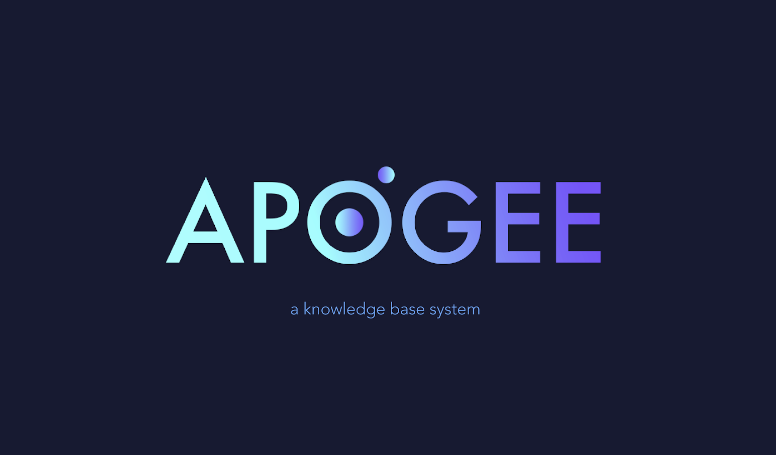
V. Conclusion
A. Recap of the Guide
In this guide, we have explored the benefits of using AI Expert Systems, specifically Apogee Suite’s Witness Prep AI, to automate tedious and repetitive tasks, reduce errors, and improve efficiency in document processing. We have discussed the different types of documents and content that can be processed and how AI technology can be used to perform abstractive summarization and Q&A large language model creation and fine-tuning.
B. Final Thoughts
By using Apogee Suite’s Witness Prep AI, legal professionals can save time, reduce costs, and improve the quality of their work. The Witness Prep AI is the only expert system RPA of its kind, with patent-pending technology that sets it apart from other solutions on the market.
C. Call to Action
If you are looking to streamline your document processing and improve the efficiency of your legal practice, consider using Apogee Suite’s Witness Prep AI. With its cutting-edge technology and proven results, Witness Prep AI can help you stay ahead of the competition and take your legal practice to the next level. Contact us today to learn more.
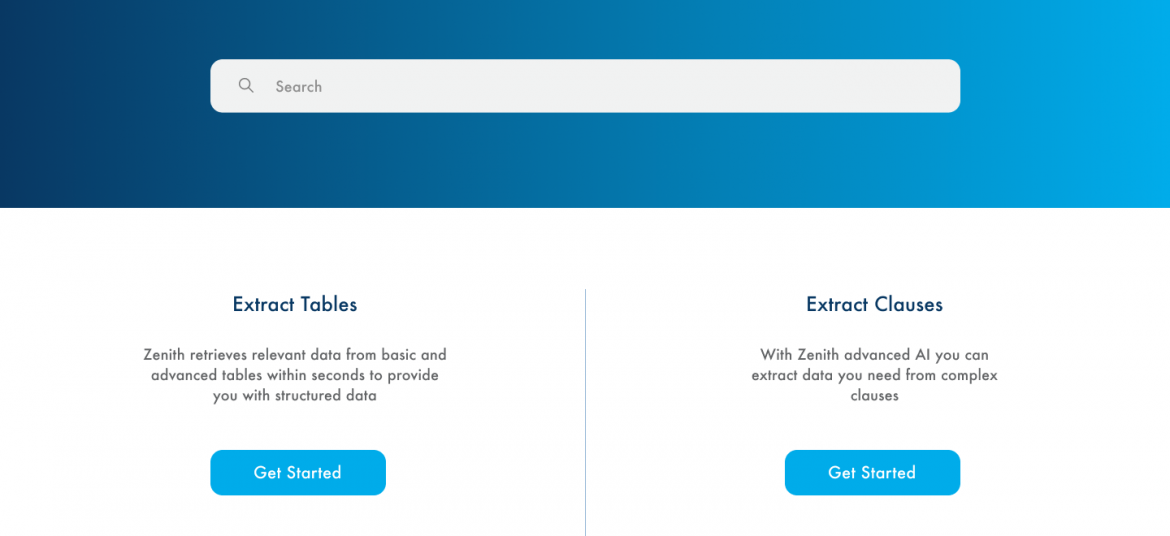
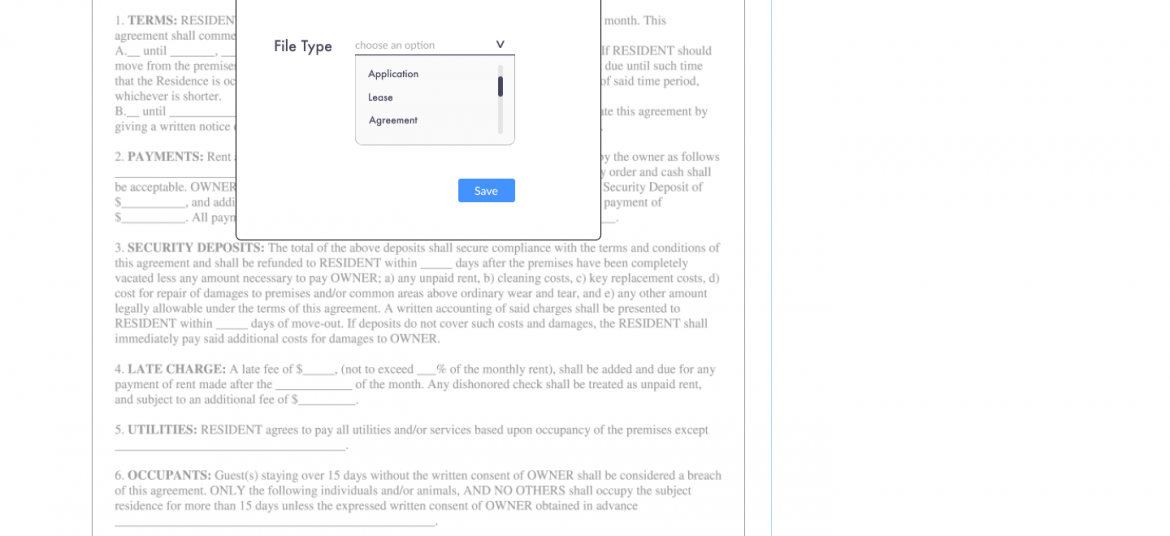
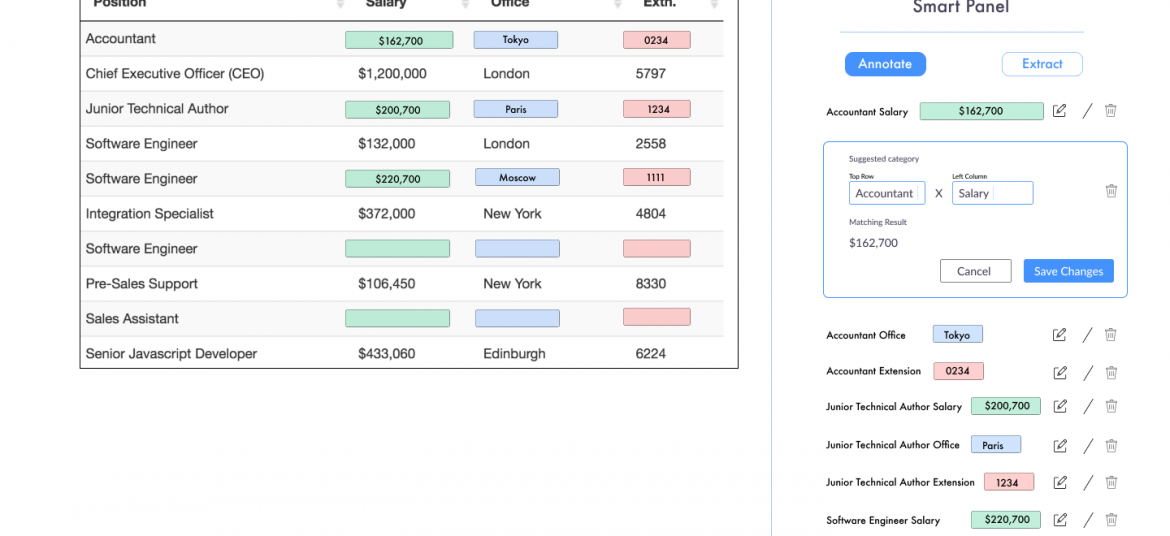
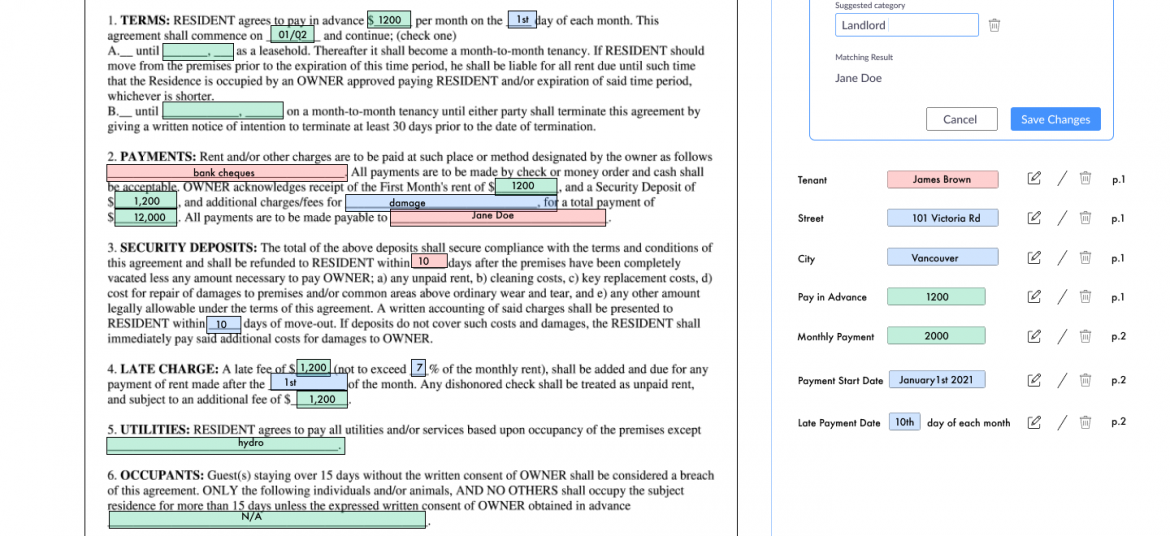
Apogee Suite of NLP and AI tools made by 1000ml has helped Small and Medium Businesses in several industries, large Enterprises and Government Ministries gain an understanding of the Intelligence that exists within their documents, contracts, and generally, any content.
Our toolset – Apogee, Zenith and Mensa work together to allow for:
- Any document, contract and/or content ingested and understood
- Document (Type) Classification
- Content Summarization
- Metadata (or text) Extraction
- Table (and embedded text) Extraction
- Conversational AI (chatbot)
Search, Javascript SDK and API
- Document Intelligence
- Intelligent Document Processing
- ERP NLP Data Augmentation
- Judicial Case Prediction Engine
- Digital Navigation AI
- No-configuration FAQ Bots
- and many more
Check out our next webinar dates below to find out how 1000ml’s tool works with your organization’s systems to create opportunities for Robotic Process Automation (RPA) and automatic, self-learning data pipelines.
